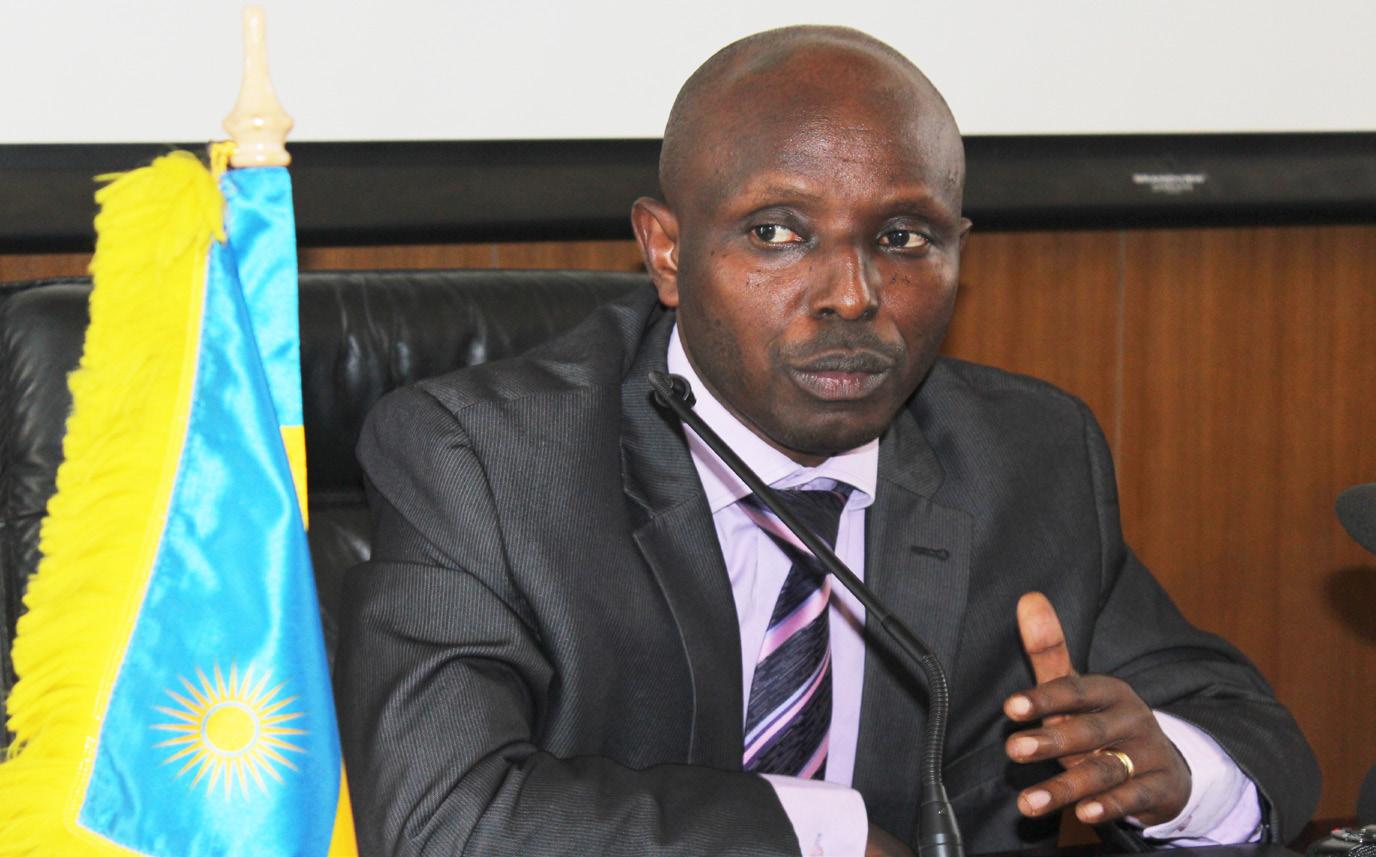
2 minute read
Regional Firms invest USD100m in Rwanda
Integration News East African companies invest over USD 100 million in Rwanda
Rwanda has attracted an estimated USD100million worth of investment from companies in the Partner States of the East African Community (EAC) which have expanded into the country seven years after it joined the bloc.
Advertisement
This was revealed by the Permanent Sectary in the Ministry of East African Community (MINEAC) Mr. Innocent Safari during a press briefing on the 5th EAC Week conducted from 17th-21st Nov 2014.
He said more investments from the EAC Partner States continue to flow into Rwanda, which is an indication that regional investors have confidence in the Rwandan economy; the most reformed according to the World Bank’s doing business rankings in the region.
Some of the biggest companies from the region, especially from Kenya and Uganda have invested in various sectors in Rwanda, notably the financial sector, agriculture, tourism, transport and in manufacturing; and this has boosted the country’s economic growth. In the financial sector, Kenyan banks such as Kenya Commercial Bank (KCB) and Equity Bank and insurance firms such as Britam and UAP Insurance firm have all opened offices in Rwanda. Mr. Safari noted that investments from regional firms to Rwanda have created jobs for more than 2,500 Rwandans. “When you look at what we have achieved since we entered the community; it’s quite positive. We want to continue advocating for the removal of the existing non-tariff barriers to ease the free movement of goods and services,” Safari said.
He added that easing the movement of people through the use of ID/student cards, and other authorized travel documents among Rwanda, Kenya and Uganda is also expected to promote investments and cross border trade within the northern corridor countries.
The accession of Rwanda into the EAC has also contributed to its competitiveness in terms of proactive implementation of EAC commitments. In terms of Customs Union, Rwanda has removed NonTariff Barriers (NTBs) that were in form of roadblocks, weighbridges and other formalities. This has resulted into the reduction of days taken to transport cargo containers from the port of Mombasa in Kenya to Kigali as well as from Dar es Salaam port in Tanzania. Cargo trucks that previously spent twenty one days now take only five days. Rwanda also extended the working hours at different border posts to attract more business through increased free movement of goods and services.
The Gatuna border between Rwanda and Uganda operates 24-hours a day while the Rusumo border with Tanzania operates 16 hours, and Nemba, the border with Burundi, operates 18 hours. Cyanika border that links northern Rwanda to Uganda works 16 hours and Kagitumba, another RwandaUganda border operates 16 hours.
Permanent Secretary in the Ministry of EAC Mr.Safari Innocent










